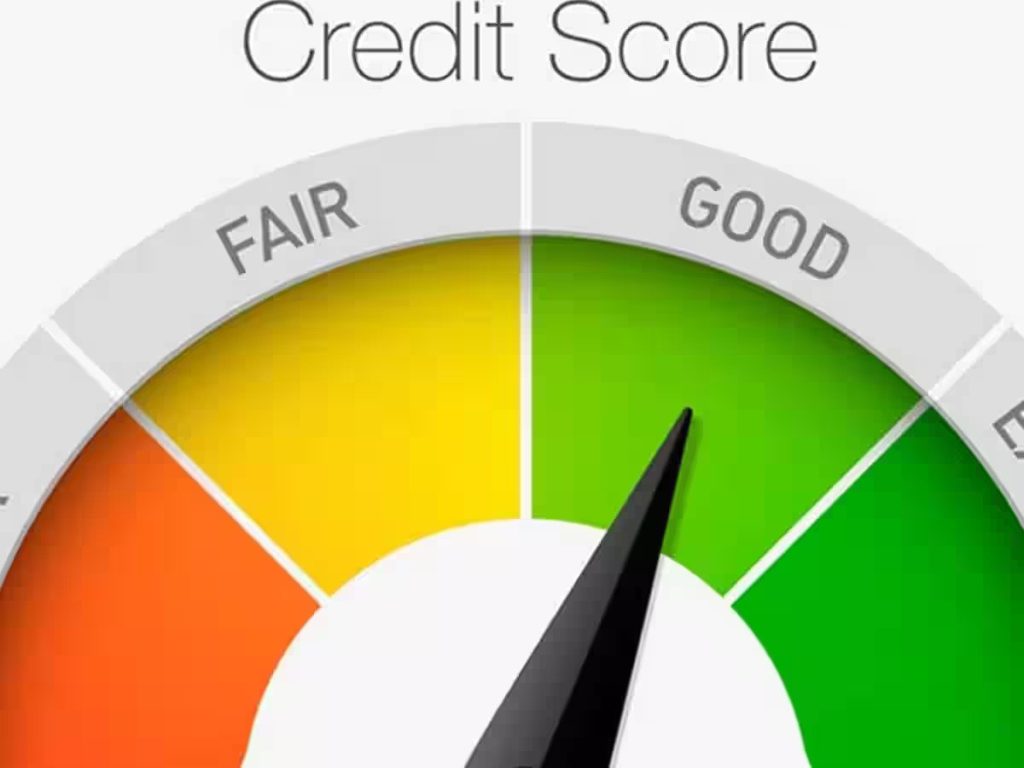1. What is a Credit Score?
Let’s start at the beginning. Your credit score is a numerical representation of your creditworthiness. It’s like a report card for your financial behavior, ranging from 300 to 850 in most cases. The higher your score, the more financially responsible you appear to lenders. Now, let’s tackle some common myths.
2. Myth 1: Checking Your Score Hurts It
Have you ever heard that checking your credit score too often can harm it? Well, the truth is, there are two types of credit inquiries: hard and soft. Checking your own credit score is considered a soft inquiry and won’t negatively impact your score. It’s a bit like checking the mirror – it’s necessary to know how you’re doing.
3. Myth 2: You Only Have One Credit Score
Credit scores are not one-size-fits-all. In reality, you have multiple credit scores. Different credit bureaus may calculate your score slightly differently, and lenders may use specific models. It’s like having different outfits for different occasions. Each score serves a different purpose.
4. Myth 3: Closing Old Accounts Helps
Some people believe that closing old credit card accounts can boost their score. This is far from the truth. Closing old accounts may actually harm your credit score by reducing your overall credit limit and credit history. It’s like cutting off the roots of a healthy plant.
5. Myth 4: Paying Off Debts Boosts Scores
While paying off your debts is undoubtedly a wise financial move, it won’t instantly skyrocket your credit score. It takes time for your credit report to reflect these positive changes. It’s like planting a seed; you won’t see the tree overnight.
6. Myth 5: Income Affects Your Score
Your income has no direct impact on your credit score. The credit bureaus don’t consider your salary when calculating your score. Your score is based on your credit history, payment history, and other factors. It’s like comparing apples to oranges – they’re unrelated.

7. Myth 6: Credit Repair Companies Work
Credit repair companies promise quick fixes to improve your credit. Unfortunately, many of them are scams. You can dispute inaccuracies on your credit report yourself, and it won’t cost you a dime. It’s like paying someone to eat your vegetables – unnecessary and ineffective.
8. Myth 7: No Debt Means a Perfect Score
Having no debt may seem like a path to a perfect credit score, but that’s not the case. Lenders want to see responsible credit usage, so having and managing credit can actually help your score. It’s like trying to get in shape without ever going to the gym – it doesn’t work that way.
9. Myth 8: Young People Have Low Scores
Age does not directly determine your credit score. While young people may not have as lengthy a credit history, it’s possible for them to have good credit scores. Responsible financial habits matter more than age. It’s like saying you can’t be a good driver until you’ve been on the road for 20 years.
10. Myth 9: Credit Scores Are Permanent
Your credit score is not set in stone. It can change over time, depending on your financial behavior. If you make positive changes, your score will improve. It’s like a chameleon adapting to its surroundings.
11. Myth 10: Always Carry a Balance
You don’t need to carry a balance on your credit card to improve your credit score. In fact, paying your credit card bill in full and on time demonstrates responsible credit use. Carrying a balance only leads to unnecessary interest payments. It’s like keeping a leaky faucet running – it wastes resources.
Conclusion
In conclusion, your credit score is a dynamic number that can change over time. It’s not as simple as some myths make it out to be. Understanding the truth about credit scores is essential for making informed financial decisions.

